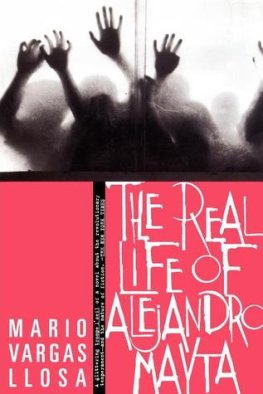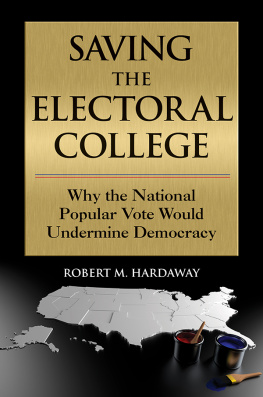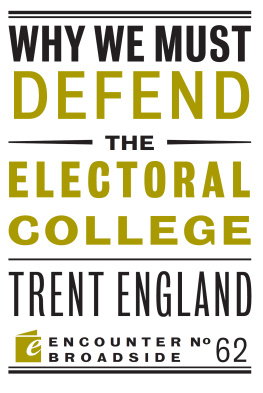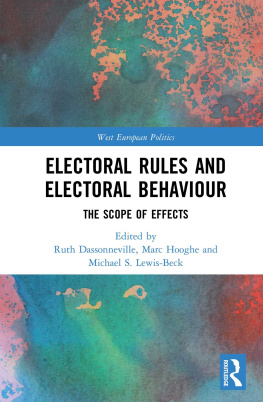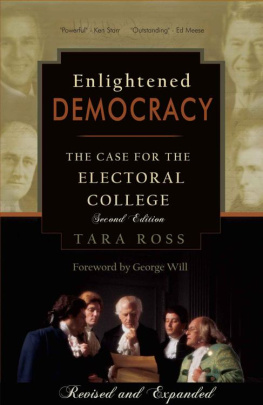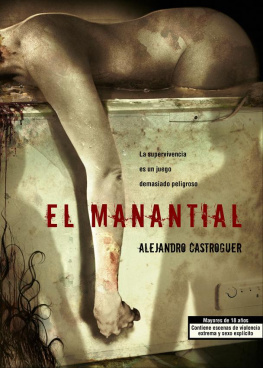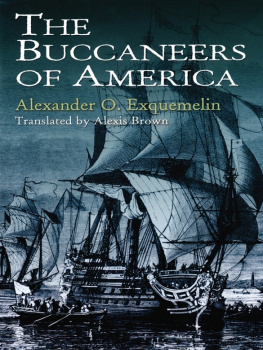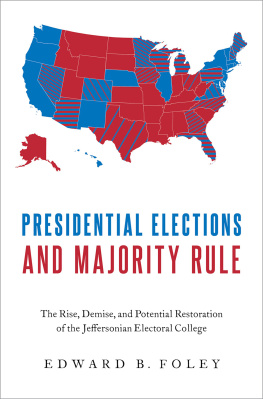Alejandro Keyssar - Why Do We Still Have the Electoral College?
Here you can read online Alejandro Keyssar - Why Do We Still Have the Electoral College? full text of the book (entire story) in english for free. Download pdf and epub, get meaning, cover and reviews about this ebook. year: 2020, publisher: Harvard University Press, genre: Politics. Description of the work, (preface) as well as reviews are available. Best literature library LitArk.com created for fans of good reading and offers a wide selection of genres:
Romance novel
Science fiction
Adventure
Detective
Science
History
Home and family
Prose
Art
Politics
Computer
Non-fiction
Religion
Business
Children
Humor
Choose a favorite category and find really read worthwhile books. Enjoy immersion in the world of imagination, feel the emotions of the characters or learn something new for yourself, make an fascinating discovery.

- Book:Why Do We Still Have the Electoral College?
- Author:
- Publisher:Harvard University Press
- Genre:
- Year:2020
- Rating:5 / 5
- Favourites:Add to favourites
- Your mark:
- 100
- 1
- 2
- 3
- 4
- 5
Why Do We Still Have the Electoral College?: summary, description and annotation
We offer to read an annotation, description, summary or preface (depends on what the author of the book "Why Do We Still Have the Electoral College?" wrote himself). If you haven't found the necessary information about the book — write in the comments, we will try to find it.
Why Do We Still Have the Electoral College? — read online for free the complete book (whole text) full work
Below is the text of the book, divided by pages. System saving the place of the last page read, allows you to conveniently read the book "Why Do We Still Have the Electoral College?" online for free, without having to search again every time where you left off. Put a bookmark, and you can go to the page where you finished reading at any time.
Font size:
Interval:
Bookmark:
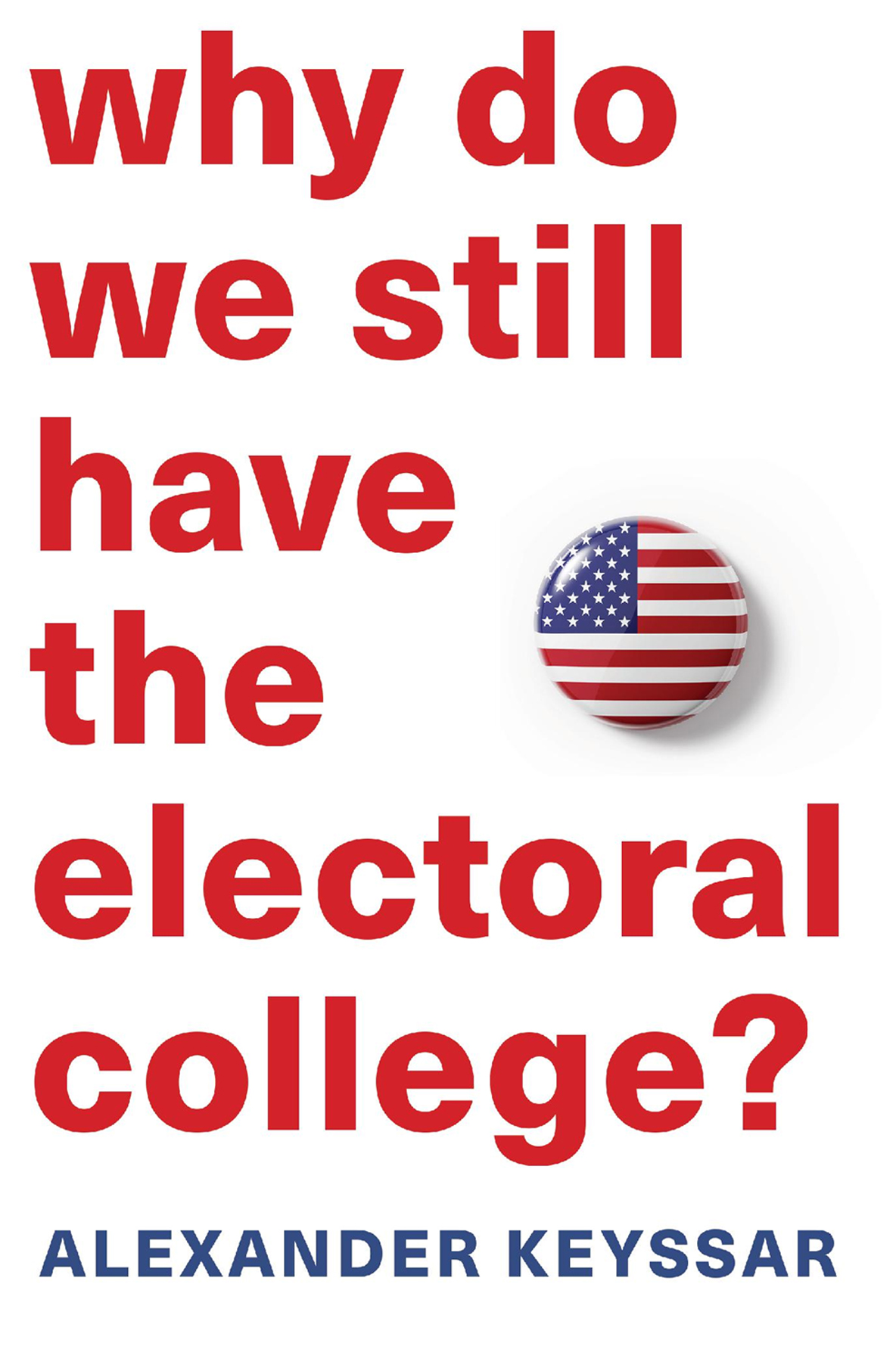
Why Doe Still Have the Electoral College?
Alexander Keyssar

CAMBRIDGE, MASSACHUSETTS
LONDON, ENGLAND
2020
Copyright 2020 by Alexander Keyssar
All rights reserved
Jacket design: Jill Breitbarth
Jacket image: MicroStockHub/iStock/Getty Images
978-0-674-97414-2 (EPUB)
978-0-674-97412-8 (MOBI)
978-0-674-97410-4 (PDF)
Cataloging-in-Publication Data available from the Library of Congress
ISBN: 978-0-674-66015-1 (alk. paper)
For Rosabelli
The institution that Americans now call the Electoral College has been a source of discontent for more than 200 years. As early as the 1790s, political leaders began pointing to flaws in their new Constitutions blueprint for selecting presidents, and by the 1820s even James Madisonthe principal father of the Constitutionwas voicing support for significant reform. The nineteenth and twentieth centuries each witnessed recurrent, broadly supported efforts to transform the presidential election system, and the twenty-first century began with a new wave of criticism after George W. Bush became president despite losing the popular vote. Hundreds of books and countless articles have debated the virtues and defects of the unique American method of choosing a chief executive.
For many citizens of the twenty-first century, the problematic features of the Electoral College are not far to seek. Most obviously, the institution makes it possible for the winner of the popular vote to lose the electoral count and not become presidentan outcome that violates conventional expectations about the workings of electoral democracy. This has happened five times in our history, most recently in 2016, and it has come close to happening on numerous other occasions, including 2004.
Equally troublesome is the practice, in every state but Maine and Nebraska, of awarding all of a states electoral votes to the winner of its popular vote. This long-standing, but not constitutionally mandated, feature of presidential elections leaves millions of voters feeling that their votes do not really count, especially if they live in states where one political party is dominant. It also has a profound impact on election campaigns, which are now conducted almost entirely in swing or battleground states, while those that are less competitive are largely ignored except for fund-raising. The use of winner-take-all in the states also contributes to the possibility that someone other than the winner of the national popular vote could become president.
It is largely for these reasons that a majority of Americans since the 1940swhen modern, scientific polls on the subject were first conductedhave consistently expressed a preference for changing the presidential election system. (See Appendix
Historically, unhappiness with the Electoral College has had multiple origins and shifting emphases; at one time or another, serious criticism has been aimed at every distinctive feature of the institution. The ink on the Constitution was barely dry when detractors began to argue that the complex apparatus of choosing obscure individuals as intermediaries to cast a states electoral votes was unnecessary; that view became increasingly common as the colleges of electors that convened in every state showed no sign of deliberating in the manner envisioned by the framers of the Constitution. Other early critics concluded that electors also posed a risk to popular government because they were legally free to vote for whomever they wished. The presence of agents to execute the will of the people heightened the danger of the peoples wishes being frustrated, observed President Andrew Jackson. Worries about faithless electors (as the problem came to be called) have persisted into the twenty-first century, although no faithless elector has yet determined the outcome of an election.
Criticism of winner-take-alloriginally labeled the general ticket and sometimes called the unit rulealso began in the early years of the republic.
Even more widely disparaged than winner-take-all has been the contingent election systemthe constitutional procedure for deciding an election when no candidate has won a majority of the nations electoral votes. If that happens, the president is chosen by the House of Representatives, with each state delegation casting one vote. This would permit an election to be decided by states with a relatively small minority of the nations population (less than 20 percent in 2020), an outcome so inconsistent with republican principles that Thomas Jefferson in 1823 denounced the provision as the most dangerous blot in our constitution.
Other, less well-known features of the electoral system have also drawn fire. One is that the Constitution permits state legislatures to choose electors by itself, without holding popular elections; numerous states did so between 1790 and 1830, and the Florida legislature threatened to resurrect this power as recently as December 2000. (See
Over the last two centuries, Electoral College reform, or abolition, has been advocated not only by iconoclasts like Norris but also by a long roster of mainstream political leaders with disparate political interests and ideologies. Jefferson, Madison, Jackson, and Missouri senator Thomas Hart Benton were among the prominent political leaders who favored changes in the early nineteenth century. In 1872 Massachusetts Republican senator Charles Sumner denounced the institution as highly artificial cumbersome radically defective, and unrepublican. Between 1950 and the late 1970s, reform was advocated by Republicans Henry Cabot Lodge Jr., Bob Dole, and Gerald Ford, as well as by liberal Democrats like Hubert Humphrey, Edward Kennedy, Indiana senator Birch Bayh, and the esteemed Senate majority leader, Mike Mansfield. Somewhat more grudgingly (or less enthusiastically), Presidents Lyndon Johnson, Richard Nixon, and Jimmy Carter also signaled their support for changes to the electoral system.
Although there have been recurrent efforts to do away with winner-take-all at the state level (which is possible because state legislatures control the manner in which electors are chosen), movements to abolish or significantly reform the Electoral College have generally focused on amending Article II, section 1, of the U.S. Constitution, a section that spells out the procedure for choosing a president. The Twelfth Amendment had a significant impact on the conduct of elections, but it left untouched most of the core features of the electoral system.
Americans in recent years have tended to equate Electoral College reform with the adoption of a national popular vote, but that has not always been the case: a majority of the reform amendments introduced in Congress since 1787 had different goals. In the nineteenth century and into the twentieth, the most frequent proposal was to require states to choose their electors in district elections. After the Civil War and periodically ever since, some reformers have preferred a proportional system, through which a states electoral votes would be distributed to candidates based on the proportion of the popular vote that they received. The possibility of replacing the Electoral College with a national popular vote, first introduced in Congress in 1816, moved to the forefront of public debate only in the second half of the twentieth century. Nearly all proposed amendments have also tried to alter the contingent election process: by having the decision revert to a vote by all members of Congress; by holding a runoff election; or by permitting a plurality winner. Numerous resolutions in the nineteenth and twentieth centuries provided for the elimination of electors, instructing state governments to calculate their electoral vote totals without input from intermediaries.
Font size:
Interval:
Bookmark:
Similar books «Why Do We Still Have the Electoral College?»
Look at similar books to Why Do We Still Have the Electoral College?. We have selected literature similar in name and meaning in the hope of providing readers with more options to find new, interesting, not yet read works.
Discussion, reviews of the book Why Do We Still Have the Electoral College? and just readers' own opinions. Leave your comments, write what you think about the work, its meaning or the main characters. Specify what exactly you liked and what you didn't like, and why you think so.

